Taken at face value, Gravity is an immense movie experience with a deceptively simple premise: two astronauts are stranded in space and try to make it back to Earth. But Gravity isn’t about space at all. It’s about loss, depression, and overcoming unspeakable personal tragedy. Dr. Ryan Stone’s trials and tribulations adrift in the vast nothingness of space act as a test of whether she really wants to overcome what she’s been through, whether she can let go to her past trauma and move on. Alfonso Cuarón crafts an intensely personal survival tale not through overwrought scripting or convoluted backstory but through breathtaking cinematography and mind-bending effects, with Sandra Bullock’s performance as the anchor. Gravity completely and utterly floored me not just with its simplicity and raw visceral impact, but also with its truly powerful emotional center. It’s nothing short of a masterpiece.
2. Her
Yes, the acting was phenomenal—Scarlett Johansson deserves every bit of praise she’s gotten and then some. Yes, it was beautifully shot. Yes, Arcade Fire’s score was fabulous. But all of these things amount to more than the sum of their parts. Her emotionally touched me in a way no other movie this year did. That Spike Jonze got me to become so completely emotionally invested in a relationship between a man and a computer is nothing short of a miracle. And forget the ten-minute sex scene in Blue is the Warmest Color—there’s a scene in here that’s even more honest, more intense, more daring. Her is beautiful in every way.
3. Inside Llewyn Davis
This is the Coen brothers’ most melancholy film to date, but it’s also one of their finest. Oscar Isaac’s star-making performance as the titular folk singer down on his luck is the true centerpiece of the film. The Coens forgo a true story to simply follow Llewyn around, using folk music as more than just context. The soundtrack is as important a character in the film as Llewyn himself—heartbreaking and gorgeous, the music acts as a secondary script, providing subtext and background to the narrative. The ending is one of the best I’ve seen in a long time—sad, poetic, beautiful, and completely perfect. Inside Llewyn Davis is achingly magnificent.
4. The World’s End
The final scoop of the Three Flavors Cornetto trilogy is at once a stupidly hilarious drunken romp through the apocalypse and a surprisingly intimate and emotional portrait of addiction, depression, and childhood friendships. Simon Pegg and Nick Frost, both cast against type, give the best performance of their careers as high school best friends who have grown apart as the years have gone by. The World’s End was far and away my favorite movie of the summer and, in my mind, cemented Edgar Wright’s position as one of the best directors working today.
5. The Act of Killing
The Act of Killing is one of the most terrifying movies I’ve ever watched. Joshua Oppenheimer’s surreal, groundbreaking documentary about the 1965 Indonesian genocide and the gangsters behind it shows the darkest depths of human depravity and cruelty in a way unlike anything else. The final scene is a barrage of anger, sadness, amazement, disgust, satisfaction, wonderment, shock and nausea. It truly is a film that must be seen to be believed, but be warned: it is by no means an easy watch.
6. The Place Beyond the Pines
The Place Beyond the Pines deserves a spot on this list for sheer ambition alone. This awe-inspiring chronicle of fatherhood and fate in upstate New York is stunning in its scope, evolving from character study to saga in 141 minutes. Ryan Gosling and Bradley Cooper turn in masterful performances, as does the entire supporting cast. To talk any more about its plot details would be to spoil the experience, but let’s just say that the movie went places I was in no way expecting it to go.
7. 12 Years a Slave
Previous films about slavery have focused on sheer human injustice: the unspeakable acts one man does to another. But 12 Years a Slave is different. It looks at slavery as a codified system, a fully integrated structure in the pre-Civil War South’s economy and way of life, and it uses piercingly interpersonal moments to justify that point—that Solomon Northup’s extraordinary story was in no way an isolated incident. In that sense, in that it accurately depicts slavery on a micro and macro scale, 12 Years a Slave will be remembered as the film about slavery. Oh, and it’s a damn good movie, too.
8. The Wolf of Wall Street
Martin Scorsese has never been better, reveling in all the drugs, orgies, and excess with unbelievably entertaining results. Jonah Hill gives by far the best performance of his career, and in a less crowded year Leonardo DiCaprio would finally get his Oscar. It’s Goodfellas meets Wall Street on every drug imaginable. The Quaalude crawl—if you’ve seen the movie, you know exactly what I’m referring to—was one of the best scenes of the entire year.
9. Much Ado About Nothing
Joss Whedon’s hysterical Shakespeare film is one of the most easily accessible adaptations of the Bard’s work because it’s unabashedly fun. It’s a haphazardly-made film shot in 12 days at the director’s own house with friends and actors he’s worked with in the past—and it doesn’t try to be anything other than that.
10. Rush
Full disclosure: I’m a massive racing fan. But that’s not why I loved Rush. At the heart of all its stylized, impressionistic racing sequences is an impeccably acted character study of two men at odds in the most dangerous sport in the world. Daniel Brühl gives one of the best performances of the year as the calculating, intense, borderline sociopathic Nicki Lauda. Chris Hemsworth embraces James Hunt’s playboy charm while still allowing his personal demons to occasionally peek through the cracks in the veneer. Rush focuses on the fascinating characters underneath the helmets rather than the insane sport they race in, and because of that it stands as one of the greatest racing films of all time—right up there with Le Mans and Senna.
Biggest misses: Captain Phillips, Nebraska, All is Lost, Prisoners, Before Midnight
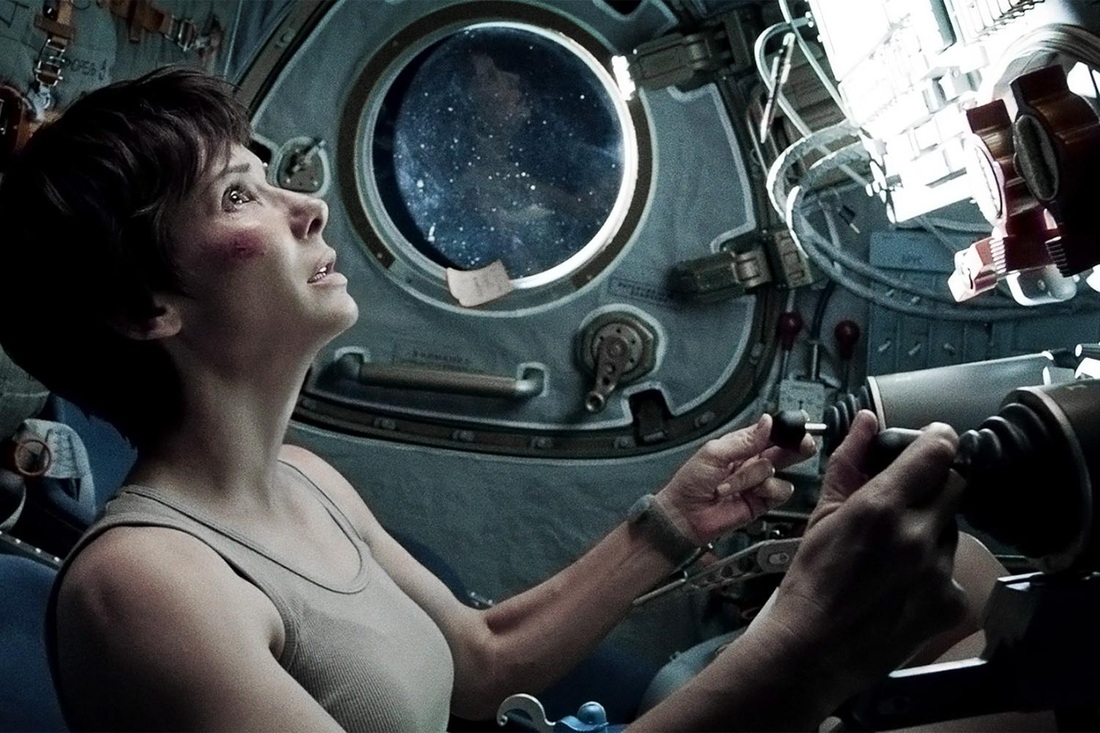
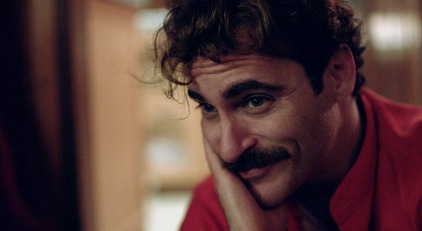
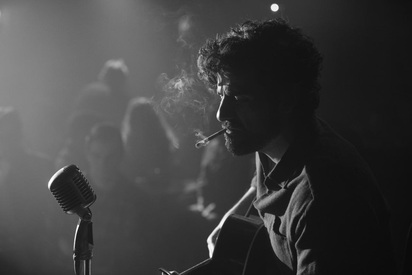
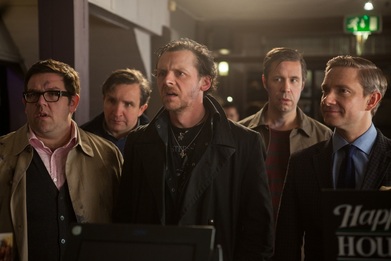
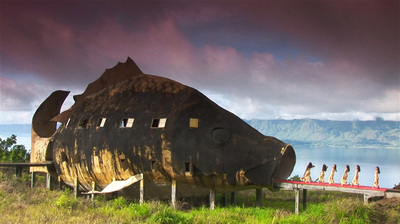
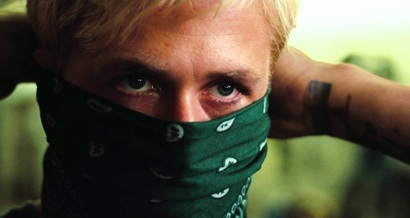
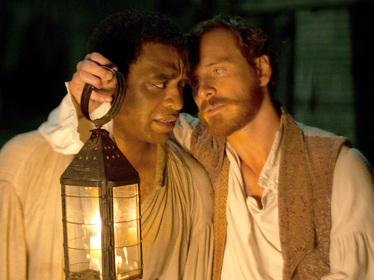
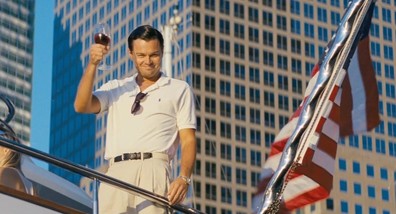
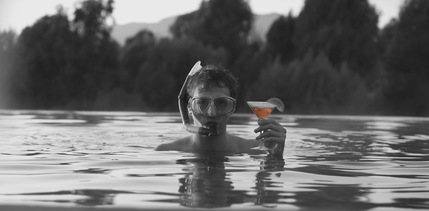
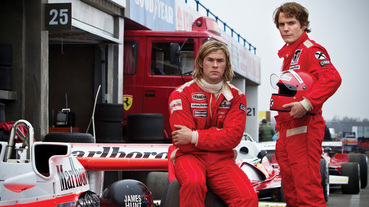
 RSS Feed
RSS Feed
